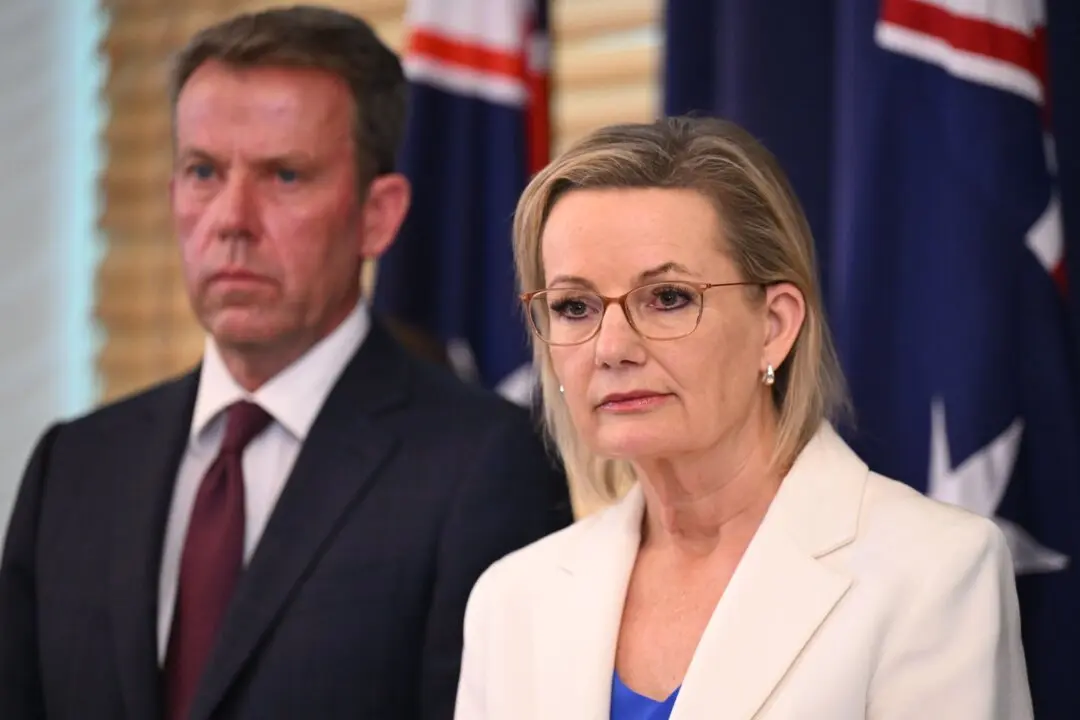West Australian Member of Parliament Andrew Hastie has called the Beijing-backed music app TikTok an “attractive database” for the Chinese communist regime to collect data on the “habits, psychology, and personal preferences” of over one million young Australians.
The federal member for Canning’s comments follow recent legislative actions taken against TikTok in the United States, where it currently faces a trifecta of new laws aimed at curbing its influence in the country.





